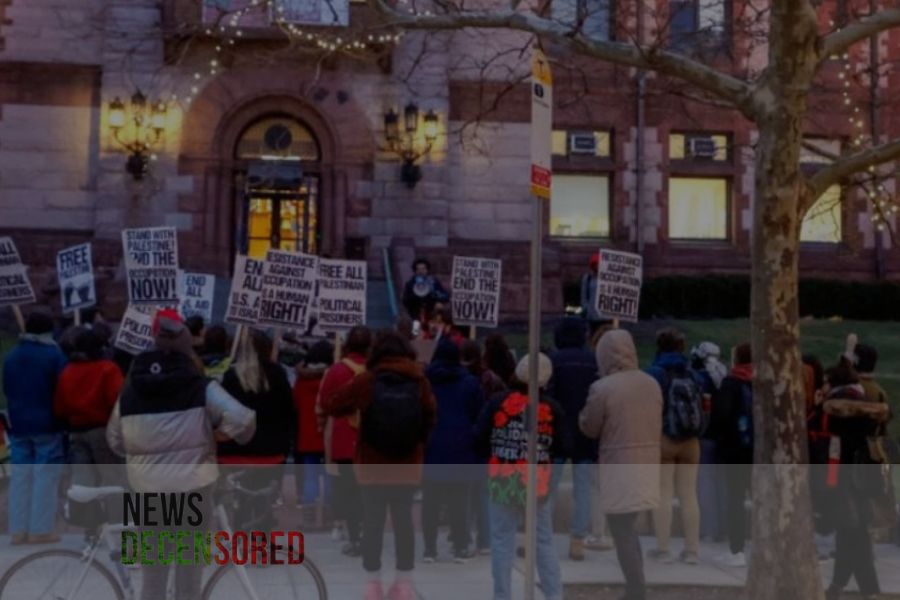Cambridge City Council, being the Labour Party stronghold, has emerged as the first council in the United Kingdom to pass a motion calling for a ceasefire in Gaza and the halting of arms supplies to Israel. The motion adopted an approved vote on Thursday calls for the government to press for an end to the fighting now, withdraw licenses for arms exports to Israel, and abstain from holding further arms sales.
In addition to these demands, the council committed itself to assessing the consequences of the cut and stopping dealing with Barclays. The bank has been indicted for financing companies that deal in arms and military equipment for Israel. This investigation demonstrates the council’s willingness to support changing its financial practices to match its stated position on the conflict.
Cambridge’s decision-making was the first case of a city council from the UK bringing such a motion. Labour Councillor Alice Gilderdale substantiated her decision, using the specific Cambridgeshire Live quote saying that the council had reached the point where it could no more “stand by and watch the horrors in Gaza without speaking out. ”
Recently, the call to stop the sale of weapons has been supported by the members of the Labour Party; in particular, the Shadow Foreign Secretary David Lammy has demanded to suspend arms supplies to Israel starting from May 12 temporarily. Anti-war campaigners in Cambridge, mainly represented by a coalition known as Cambridge Stop The War, jubilantly received the council’s decision. These motions were attributed to the vigorous campaigning by Palestine support groups in Cambridge. They upheld the need to continue monitoring the council so that it honours its word of divesting from Barclays.
Student activism has also occurred, especially in Cambridge, regarding the issue in Gaza. On May 6, approximately one hundred students occupied the lawn in front of King’s College, which is part of Cambridge University, to urge the university to stop investing in companies engaged in wars in Gaza. The university and the protesters are still in discussion.
On May 12, Middle East Eye quoted Trinity College Student Union stating that the college council agreed to cut ties with all arm producers. Nevertheless, this was not disclosed to the public after an activist painted something obscene on a bust of Lord Arthur Balfour near Trinity. The cause fuelled numerous protests in the UK and the US, resulting in several arrests. Yet no other city in the UK has had positive consequences up until now.
Thus, the Cambridge City Council’s motion should be regarded as a significant landmark in the process of gaining the UK government’s increased local and public pressure to condemn the humanitarian crisis in Gaza and reconsider the arms export to Israel. This action of the political masters, with the backing of activists in society, symbolises the rising trend towards incorporating moral norms into policy-making, especially in the international arena and even in business transactions.















